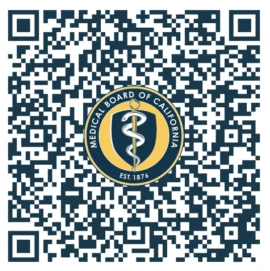Crohn’s disease is a long-term inflammatory condition of the digestive tract that can impact individuals at any age, including kids and teenagers. When Crohn’s is diagnosed in children, it is referred to as Pediatric Crohn’s Disease. This lifelong condition can impact a child’s growth, development, and quality of life, but with early diagnosis and expert care, symptoms can be effectively managed.
What Is Pediatric Crohn’s Disease?
In pediatric Crohn’s disease, inflammation typically develops in the gastrointestinal (GI) tract—most often at the junction where the small intestine meets the colon. The inflammation can lead to a variety of symptoms and may flare up periodically throughout a child’s life.
While the exact cause of Crohn’s disease remains unclear, it is thought to arise from a mix of genetic predisposition, environmental triggers, and immune system dysfunction. Kids with a family history of inflammatory bowel disease (IBD) may face an increased risk.
Common Symptoms in Children
Children with Crohn’s disease may not always show the same symptoms as adults. Watch for these signs:
- Abdominal pain or cramping
- Persistent diarrhea
- Unexplained weight loss
- Fatigue
- Delayed growth or puberty
- Poor appetite
- Fever
- Blood in stool
If your child experiences any of these symptoms, it’s important to consult a pediatric gastroenterologist for evaluation and testing.
Diagnosing Pediatric Crohn’s Disease
Diagnosis typically involves a combination of:
- Blood tests – used to detect signs of anemia or inflammation in the body
- Stool samples – to rule out infections
- Imaging tests – such as CT or MRI scans to view inflammation
- Endoscopy and colonoscopy – to examine and collect tissue samples from the gastrointestinal (GI) tract
You can learn more about diagnostic procedures like endoscopy and colonoscopy in our health library.
Treatment Options for Pediatric Crohn’s Disease
Treatment focuses on reducing inflammation, managing symptoms, and supporting a child’s growth and development. The treatment plan may include:
1. Medications
Doctors may prescribe anti-inflammatory drugs, immune system suppressors, antibiotics, or biologics depending on disease severity. These medications help control flare-ups and promote remission.
2. Nutritional Support
Kids with Crohn’s disease might require tailored diets or nutritional support to manage growth issues or weight loss. In some cases, enteral nutrition (liquid formula diets) may be recommended to promote healing.
3. Lifestyle Adjustments
Regular monitoring, stress management, and avoiding known food triggers can improve quality of life. A registered dietitian can create a personalized nutrition plan based on your child’s specific needs.
4. Surgery (If Needed)
In cases where medications and diet aren’t enough, surgery may be necessary to remove damaged sections of the intestine or treat complications.
Support for Families in Orange County
Managing Pediatric Crohn’s Disease is a team effort. At Digestive Disease Consultants of Orange County, we offer compassionate, child-centered care to help your family navigate this chronic condition. Our team is experienced in diagnosing and managing complex GI disorders, including Pediatric Crohn’s Disease, in a supportive environment.
We provide care across multiple locations in Orange County, including Tustin and Mission Viejo, making it easier for families to access expert help.
Worried about your child’s digestive health?
Schedule an appointment with one of our pediatric GI specialists today to get answers and start a personalized care plan.



